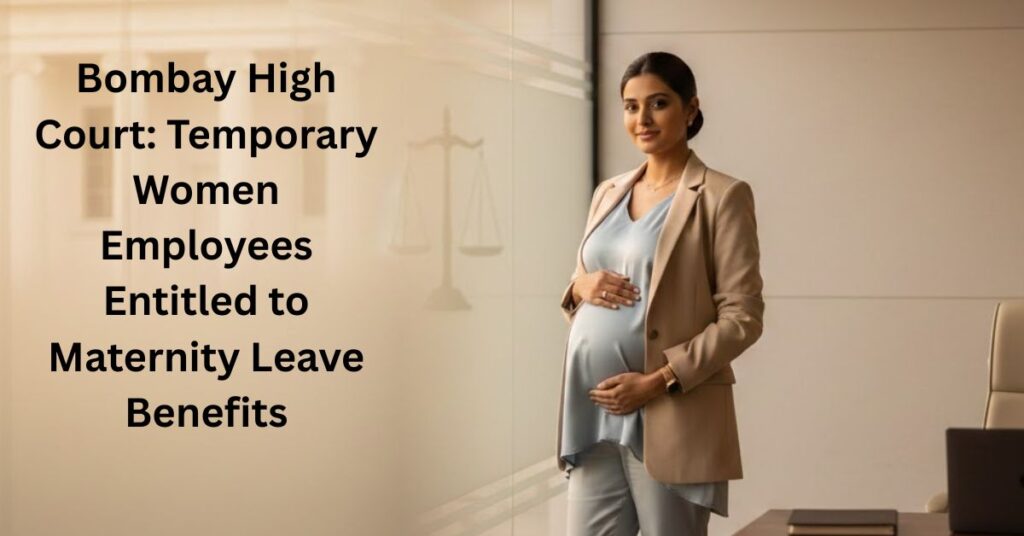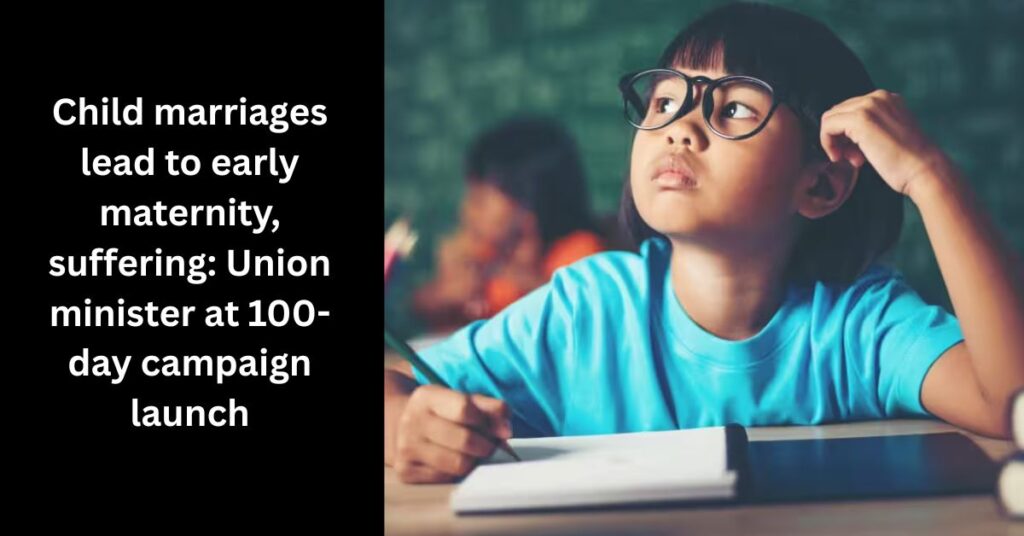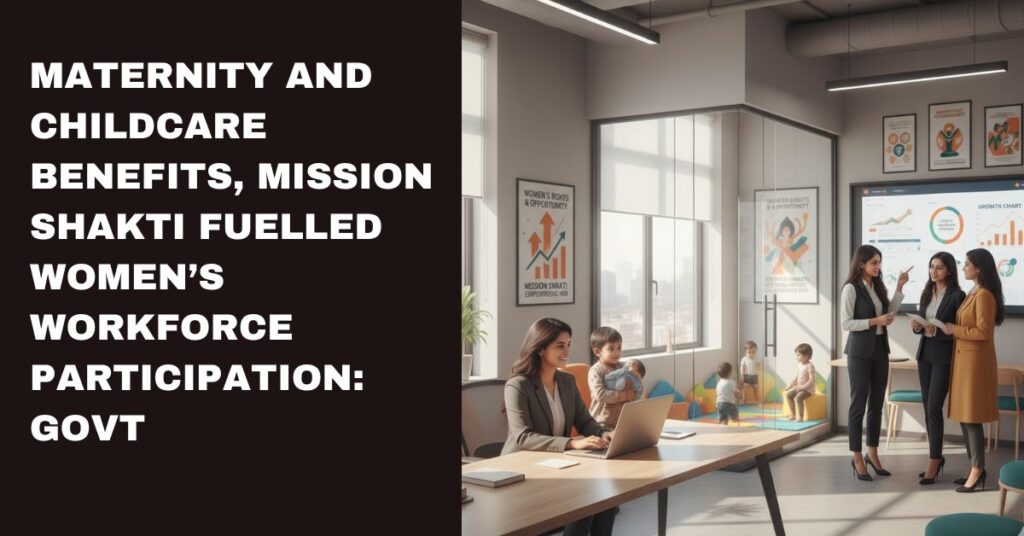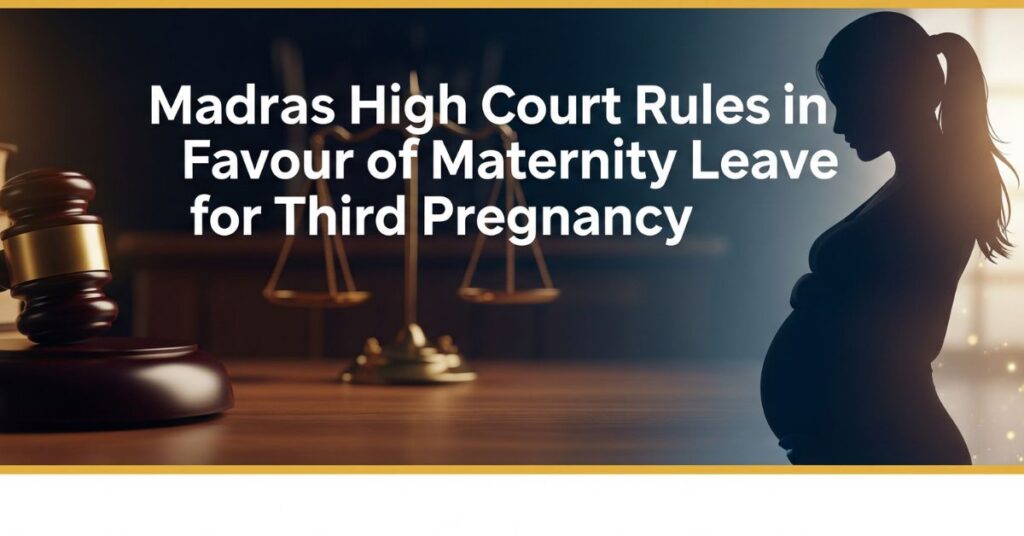Currently Empty: $0.00
Kolkata sees post-Diwali surge in respiratory illnesses, pregnancy complications due to pollution
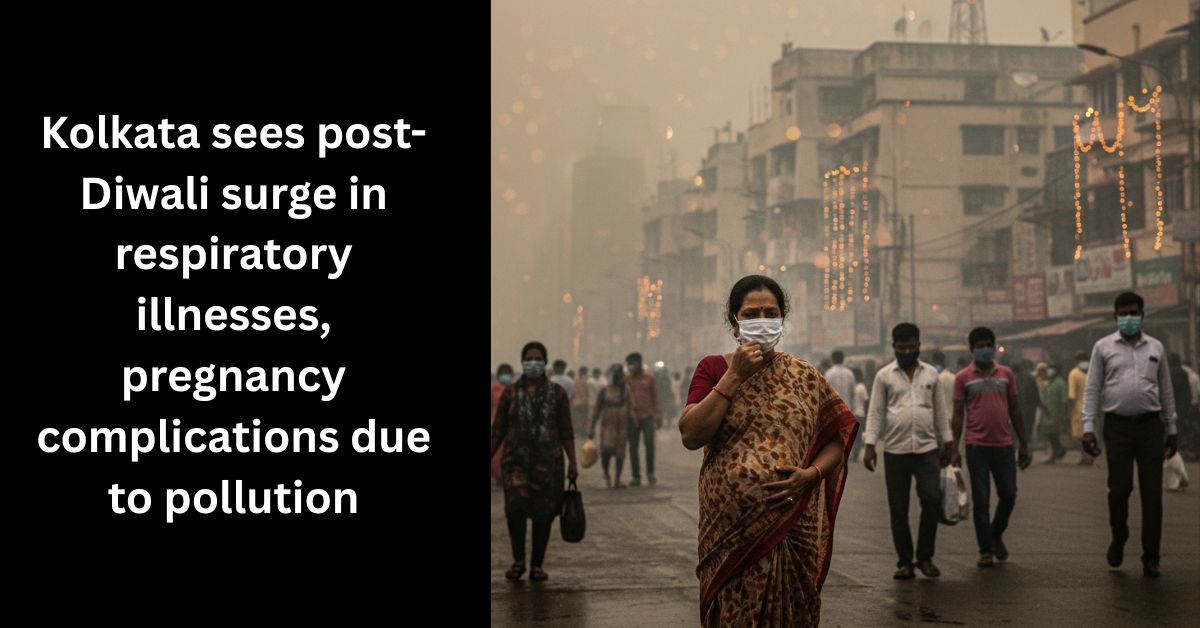
Every year, the festival of Diwali lights up India’s skies with colour, sound, and celebration. However, behind the sparkling displays and festive cheer lies a darker reality — one that has become increasingly evident in the days following this year’s festivities. Kolkata, one of India’s most vibrant metros, has seen a worrying surge in respiratory illnesses and pregnancy-related complications, directly linked to post-Diwali pollution levels.
According to a recent report by The New Indian Express (source), city hospitals have reported a sharp rise in patients suffering from breathing problems, asthma attacks, and other pollution-induced ailments just days after Diwali and Kali Puja. The deterioration in air quality has particularly affected vulnerable groups — including the elderly, children, and expectant mothers — raising serious public-health concerns.
Contents
Rising Pollution Levels Post Diwali
Air quality across major Indian cities typically dips during the festive season, but Kolkata’s recent numbers have been especially alarming. Environmental monitoring stations across the city recorded Air Quality Index (AQI) levels far above the safe threshold, with particulate matter (PM2.5 and PM10) spiking several times higher than normal. These pollutants — primarily released from firecracker smoke, vehicular emissions, and construction dust — have a direct and immediate impact on respiratory health.
Doctors from several leading hospitals in Kolkata have reported a surge in emergency cases related to shortness of breath, chronic obstructive pulmonary disease (COPD), and aggravated asthma symptoms. Many of these patients required hospitalization or prolonged oxygen therapy. The situation has been particularly challenging for people with pre-existing respiratory conditions, as even brief exposure to toxic air can trigger acute health episodes.
Impact on Pregnant Women and Newborns
One of the most concerning aspects of the post-Diwali pollution wave has been its impact on pregnant women. Medical experts in the city have noted a visible increase in pregnancy-related complications, including preterm contractions and reduced fetal movement, following the heavy pollution days.
Airborne toxins and fine particulate matter can cross the placental barrier, potentially affecting fetal development. Prolonged exposure to poor air quality during pregnancy has been linked to low birth weight, impaired lung development in newborns, and increased risk of preterm birth. Doctors advise that expecting mothers limit outdoor exposure, use air purifiers indoors, and wear N95 masks when necessary to minimize inhalation of harmful particles.
This alarming rise in pregnancy-related distress cases underscores the urgent need for targeted awareness campaigns and stricter enforcement of air quality regulations, particularly during high-risk seasons like Diwali.
Firecracker Ban and Regulatory Enforcement
Despite the West Bengal government’s official ban on the sale and use of high-decibel and chemical-laden firecrackers, compliance remains a major issue. Many citizens continue to use banned crackers, contributing to extreme air and noise pollution levels. This reflects a broader challenge across Indian cities — the gap between environmental regulation and ground-level enforcement.
Environmental activists argue that while awareness campaigns have improved in recent years, the lack of strong deterrence measures and monitoring has limited their impact. Stricter penalties, enhanced public participation, and greater coordination between municipal bodies, pollution control boards, and law enforcement agencies are needed to bring about lasting change.
Legal experts also point to India’s existing environmental protection laws, including the Air (Prevention and Control of Pollution) Act, 1981 and Environment Protection Act, 1986, which provide for clear penalties against violators. However, implementation continues to be weak, particularly during festivals when social pressure and cultural norms often override regulatory intent.
Public Health and Preventive Measures
From a healthcare perspective, the current situation has reaffirmed the importance of preventive measures and early intervention. Hospitals across Kolkata have issued advisories urging citizens to stay indoors during peak pollution hours, maintain adequate hydration, and use protective masks when stepping out. Physicians also recommend the use of air purifiers at home and avoidance of strenuous outdoor activities in the immediate post-Diwali period.
For pregnant women, gynaecologists are emphasizing regular prenatal check-ups and close monitoring for any changes in fetal activity. Health authorities have suggested that local governments work closely with hospitals to establish rapid-response units for vulnerable populations during pollution peaks.
Environmental and Policy Implications
The post-Diwali health crisis in Kolkata serves as a stark reminder that cultural celebrations must evolve alongside growing environmental realities. Urban India can no longer afford to ignore the cumulative impact of unchecked emissions and poor regulatory compliance.
Policymakers are now being urged to adopt a more integrated approach — combining real-time air quality tracking, stronger enforcement mechanisms, and community engagement programs that promote sustainable celebrations. Encouraging the use of eco-friendly firecrackers, promoting laser and drone light shows, and creating public incentives for green Diwali practices can all contribute to a safer environment.
From a legal standpoint, such public health emergencies highlight the need for consistent implementation of environmental laws, judicial accountability for polluters, and inclusion of air quality as a fundamental right under Article 21 of the Indian Constitution — the right to life and health.
Conclusion
Kolkata’s post-Diwali surge in respiratory illnesses and pregnancy complications is not an isolated event — it is a recurring health emergency that calls for immediate and sustained action. The festival of lights, while deeply rooted in cultural and religious tradition, must not come at the cost of human well-being.
As environmental and medical experts emphasize, responsible celebration, stricter regulation, and public cooperation are key to breaking this harmful cycle. Every citizen plays a role — from choosing green alternatives to supporting stricter enforcement of pollution norms. Only through collective awareness and accountability can India truly celebrate Diwali as a festival of light, not smog.
Resource: https://www.newindianexpress.com/nation/2025/Oct/23/kolkata-sees-post-diwali-surge-in-respiratory-illnesses-pregnancy-complications-due-to-pollution-3




